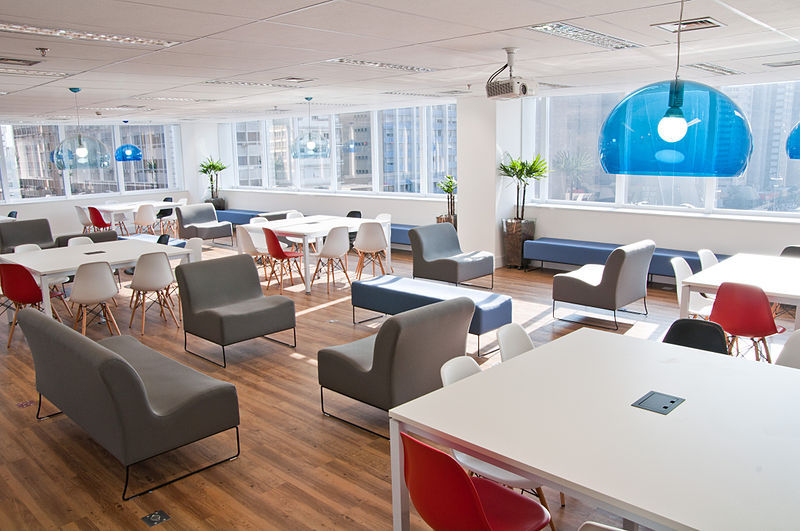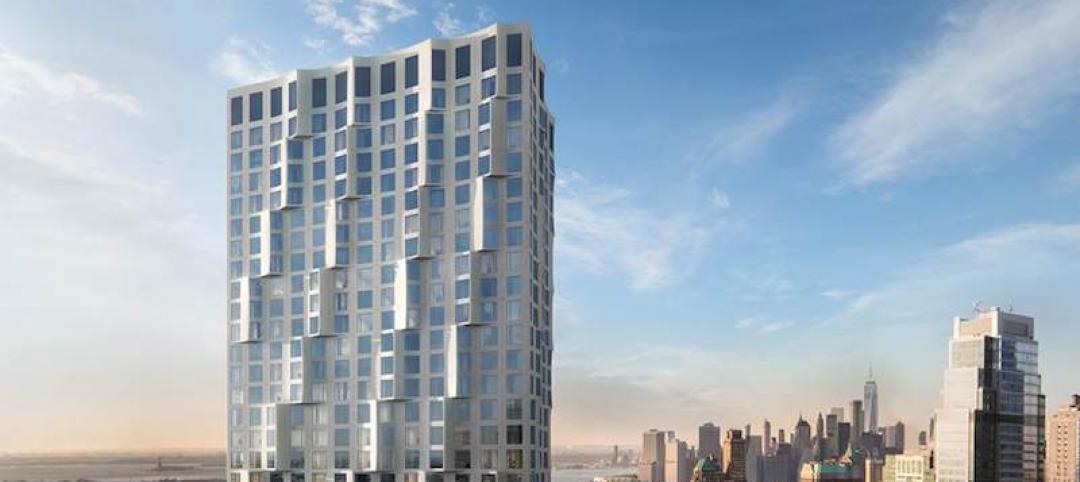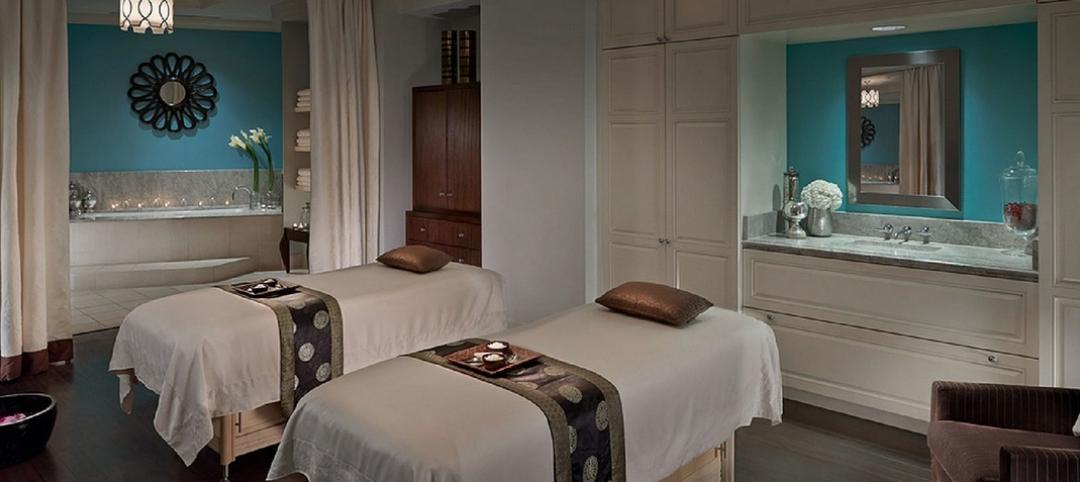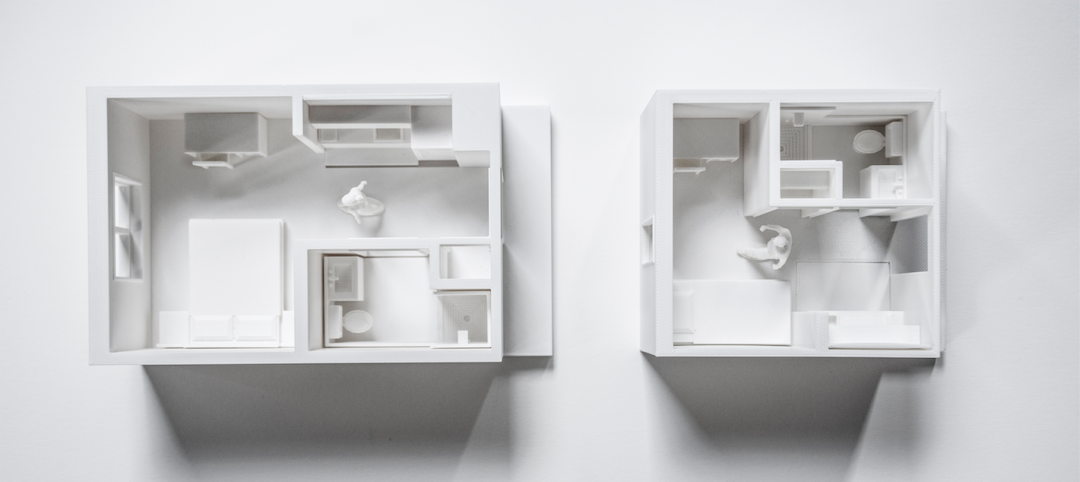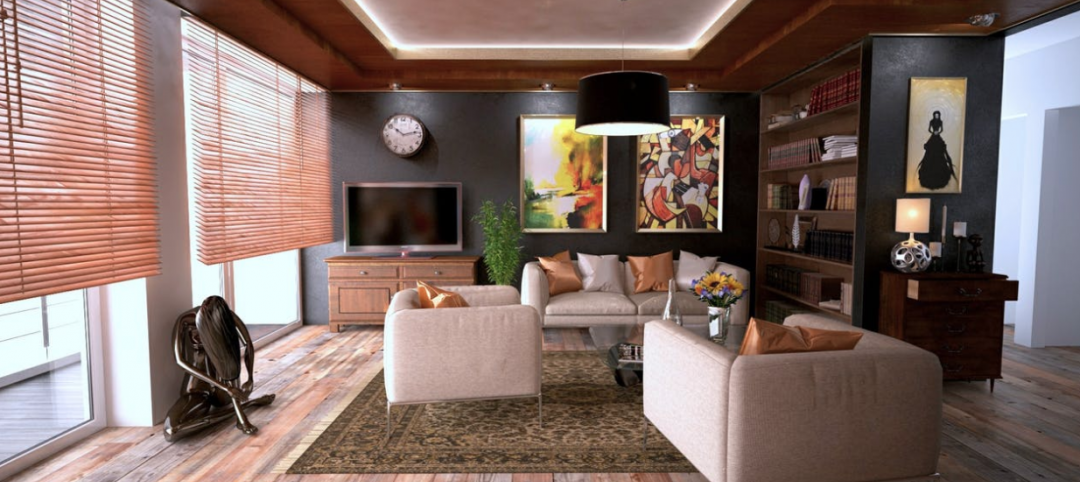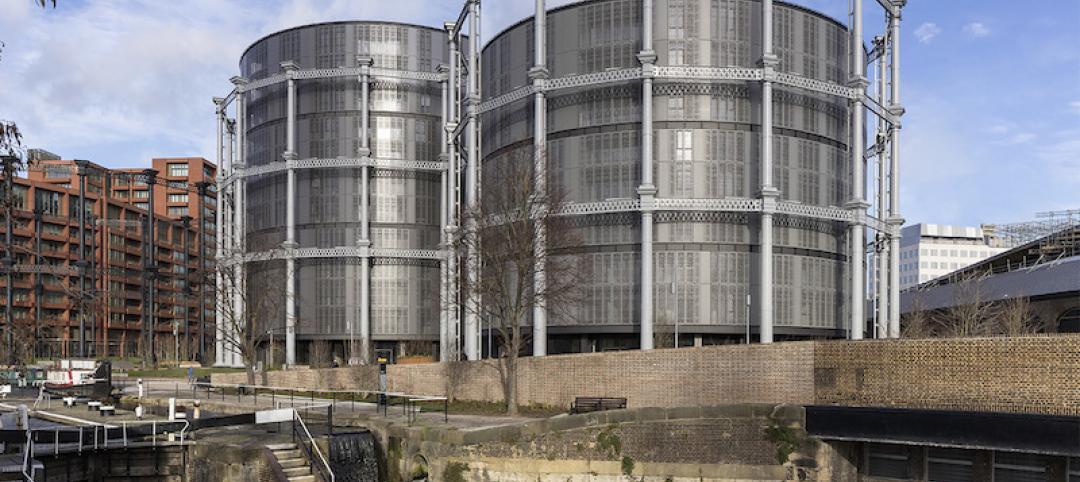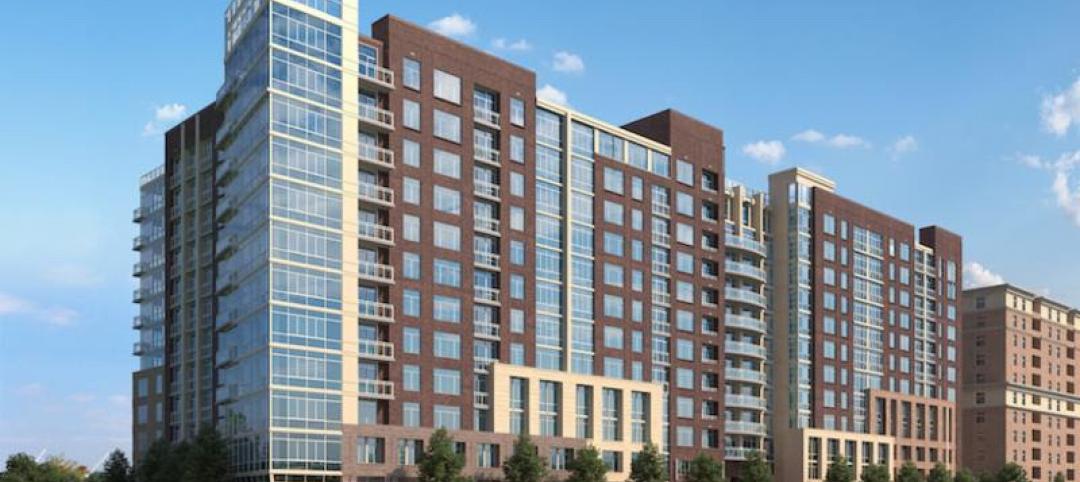Six years after WeWork took the office market by storm with its breakthrough co-working real estate concept, the New York-based startup set its eyes on the next big opportunity for its communal real estate business model: co-living.
WeLive launched early last year with locations in Lower Manhattan and Arlington, Va., and the company has plans to expand to as many as 14 cities in the coming years.
WeLive turns the traditional multifamily rental model on its head. Gone is the long-term lease agreement; Tenants are “members” who can stay month to month, even day to day. Eventually, as the WeLive network expands, members will be able to move freely city to city, as needed, at no additional cost.
From a practicality standpoint, co-living makes complete sense for young, single, and highly mobile working professionals. The spaces are well designed, fully furnished, filled with attractive amenities, and come complete with all the niceties of modern living: towels and linens, housekeeping services, HDTVs, premium cable, high-speed WiFi, concierge staff, even free refreshments like tea, coffee, and fruit water. Think apartment complex meets hotel—but with a crucial twist.
The secret sauce, according to WeWork, is the “We” in WeLive: spaces and programs designed to foster a strong sense of community and connection with other members. Each location has a full-time community concierge team, which organizes events like movie nights, cocktail hours, and formal and informal meals in a communal kitchen. The mailroom and laundry room double as bars and event spaces, and amenities like a rooftop deck and a hot tub encourage tenants to meet and mingle.
WeWork has no shortage of competitors in the co-living market space. Common, HubHaus, Krash, Node, Open Door, Pure House, and Roam Co-living are among the dozen or so startups that are aiming to profit from the mainstreaming of the “hacker house,” commune, or boarding house dwelling models. Investors have taken notice, and have pumped millions into these fledgling businesses. (Common, for instance, has raised more than $23 million from multiple investors since its founding in 2015. With this funding, the startup has opened 13 developments across four metros: Chicago, New York, San Francisco area, and Washington, D.C.)
While it’s too early to claim any of these budding businesses as a resounding success, the co-living craze is the latest example of the startup world looking to shake up the slow-to-evolve, $228 trillion (yes, trillion! tinyurl.com/REworth) global real estate market. Whether it’s Google, WeWork, or Airbnb—or countless other startups and tech firms—it is clear that investors see colossal dollar signs tied to disrupting the tried-and-true real estate and construction markets.
Will your firm join them?
Related Stories
Multifamily Housing | Apr 10, 2018
Luxury apartment community in southwest Charlotte provides 288 one- and two-bedroom units
Each of the six buildings will offer 28 corner units.
Multifamily Housing | Apr 10, 2018
Studio Gang’s 11 Hoyt brings over 480 apartments and 50,000-sf of amenity space to NYC
The tower is Tishman Speyer’s first ground up condominium project in New York City.
Multifamily Housing | Mar 28, 2018
The latest data in the multifamily ‘amenities war’
Download Multifamily Design+Construction’s free 16-page report on the amenities multifamily architects, builders, and developers are providing their tenants and code buyers.
Multifamily Housing | Mar 21, 2018
Apartments outperform office, retail, industrial properties: NMHC research
Apartments offer strong returns and relatively low risk, according to new research from the National Multifamily Housing Council Research Foundation.
Multifamily Housing | Mar 14, 2018
How to solve the housing crunch on college campuses
A growing number of public and private academic institutions are turning to designers and architects for alternative housing strategies—particularly in high-density areas on the East and West Coasts.
Hotel Facilities | Mar 6, 2018
A New Hampshire college offers student housing as hotel rooms during the summer
The opening of a new residence hall could help with Plymouth State University’s hospitality marketing.
Multifamily Housing | Mar 4, 2018
Katerra, a tech-driven GC, plots ambitious expansion
Investors flock to this vertically integrated startup, which automates its design and construction processes.
Multifamily Housing | Feb 28, 2018
Transwestern data points to demand for larger rental units among baby boomers
As baby boomers seek to downsize from large homes, developers are increasingly designing apartments specifically for this demographic.
Multifamily Housing | Feb 27, 2018
Victorian era gasholders become modern residences in London
The new residences are part of the King’s Cross redevelopment scheme.
Multifamily Housing | Feb 22, 2018
Multifamily building with 25,000 sf of amenities rises on the shore of the Potomac River
The building is part of the National Gateway mixed-use development at Potomac yard.


